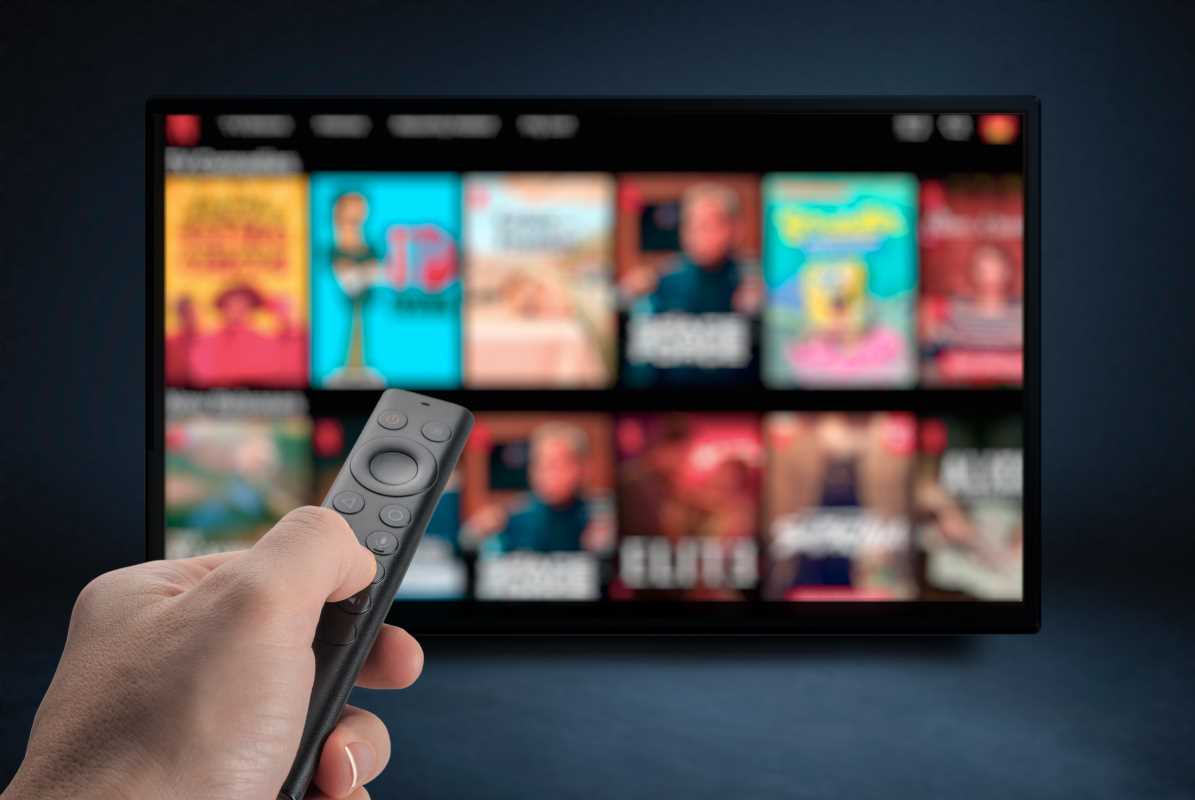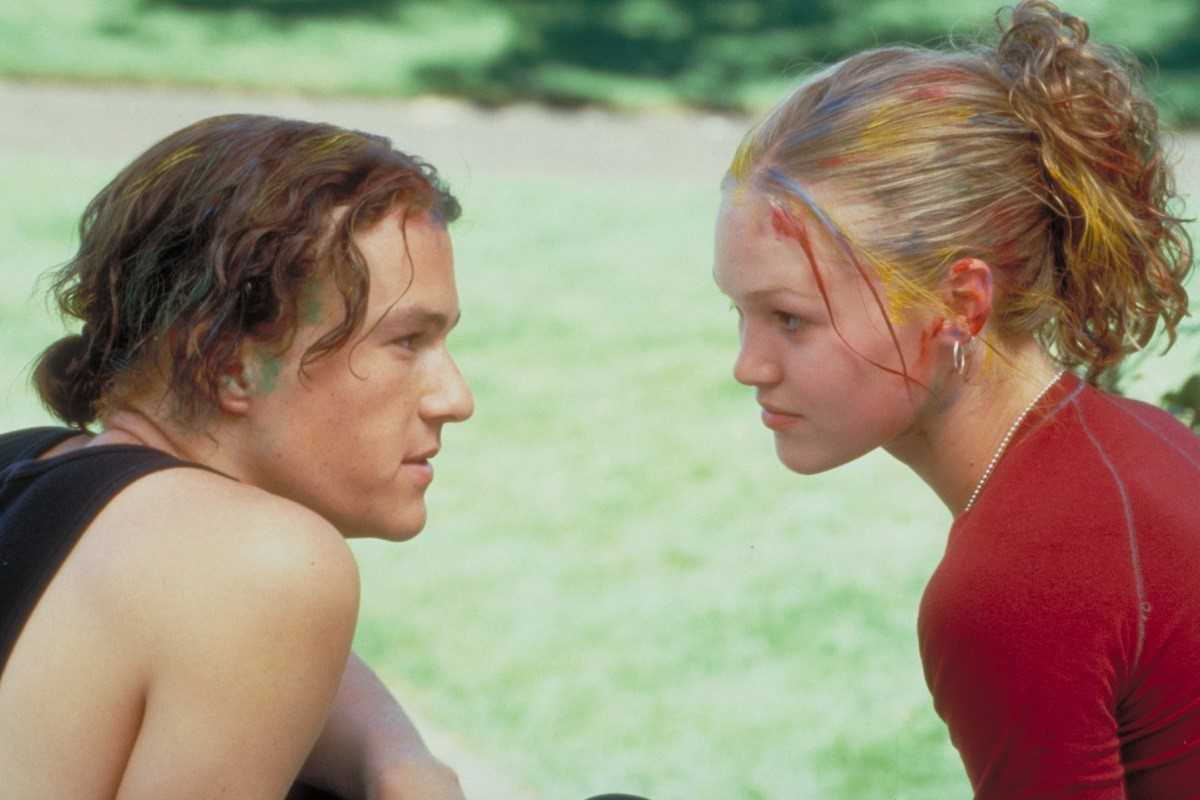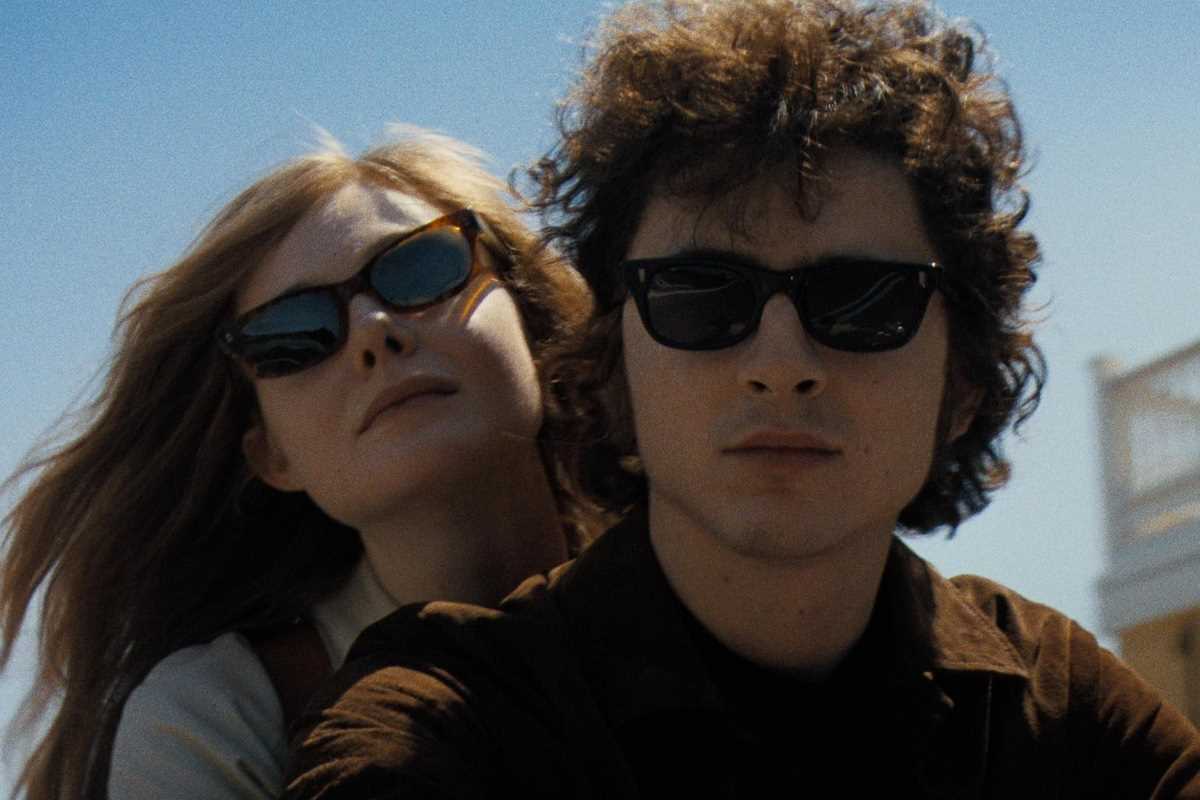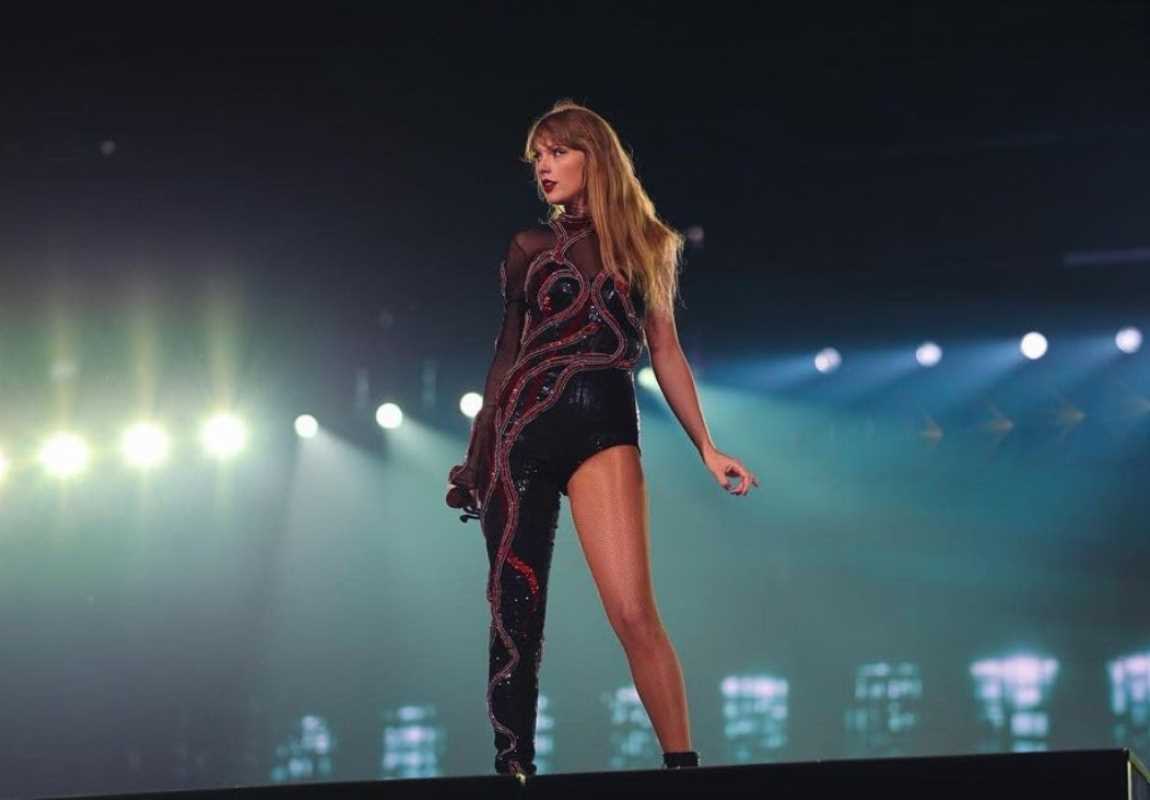TikTok isn’t just the app responsible for all those addictive dance videos and funny memes—it’s also become one of the biggest platforms for launching music careers and creating viral hits. Whether it’s an unknown artist skyrocketing to fame or an old song finding new life, TikTok has changed the way we interact with music. Its blend of short videos, clever trends, and a powerhouse algorithm makes it a tool like no other for musicians, both new and established. But how exactly does it work, and why is it so good at making songs famous?
The Power of the Platform
TikTok is built around short videos, usually set to music. Users can pick from a massive library of tracks—whether fresh releases, 80s throwbacks, or even quirky sound effects—and pair it with their content. Because the app encourages creativity and trends, people often latch onto specific songs that become popular across millions of videos. This kind of massive exposure can introduce a song to millions of people practically overnight.
What makes TikTok unique is how its algorithm works. Unlike other social media platforms, where users mainly see posts from people they follow, TikTok’s "For You" page prioritizes content users didn’t even know they wanted. This means if someone creates a video with a catchy song and it blows up, it doesn’t just stay within their group of friends—everyone could see it. The more people interact with and recreate a trend, the more TikTok pushes the content (and the music it features) onto other users’ feeds.
Viral Hits Born on TikTok
One of the most incredible features of TikTok is its ability to turn songs into instant hits—even songs that might not have been getting much attention otherwise. A perfect example of this is Lil Nas X’s smash success with Old Town Road. The song was initially released without much fanfare, but once TikTok users started using it for funny videos and memes, it became a massively viral trend. Suddenly, Lil Nas X went from a virtually unknown artist to a household name. The song even broke the record for the longest time at number one on the Billboard Hot 100 chart.
More recently, Olivia Rodrigo’s rise to fame was boosted with help from TikTok. Her song drivers license was already getting attention, but TikTok amplified her reach. Fans created emotional videos set to the song, and within weeks, it became a cultural phenomenon. From there, Rodrigo became one of the biggest pop stars in the world, all thanks to TikTok amplifying the buzz around her music.
Other popular tracks, like Doja Cat’s Say So, Megan Thee Stallion’s Savage, and Lizzo’s Truth Hurts, also gained traction (or regained popularity) thanks to TikTok trends. Whether it’s a dance challenge or a funny meme, once a song gets embedded in TikTok culture, its success is almost guaranteed.
Launching New Artists
While established artists like Doja Cat and Megan Thee Stallion benefit from TikTok, the platform might be even more valuable for brand-new musicians trying to break into the industry. TikTok offers them something that wasn’t available before—a chance to reach millions of people without needing a big record label or expensive promotion.
Take Salem Ilese, for example. Her song Mad at Disney became an anthem for disenchanted teens in 2020 after going viral on TikTok. Even with no massive marketing push behind her, the song’s relatable lyrics and catchy tune helped it rack up streams on music platforms like Spotify. Similarly, rising artist Tai Verdes found massive success with his upbeat track Stuck in the Middle, which became a TikTok favorite used in thousands of videos.
TikTok isn’t just about music trends, though. It also gives artists a way to connect directly with their audiences. Many musicians use the app to post snippets of their songs, letting users weigh in on lyrics or melodies before the final track is released. This interactive approach creates a sense of collaboration that keeps fans invested in the music.
The Role of User Engagement
What sets TikTok apart from other platforms is its heavy reliance on user engagement. On TikTok, a song doesn’t take off just because someone famous uses it—it grows because regular users create their own trends around it. Dance challenges, lip-sync videos, and skits help songs spread organically. Once people hear a tune over and over on TikTok, they’re likely to search for it on Spotify, Apple Music, or YouTube, boosting the song’s overall popularity.
The looping nature of TikTok videos also helps. If a video is catchy enough, users may watch it multiple times, embedding the song (or a specific section of the song) in their heads. Many viral tracks owe their success to one short, unforgettable snippet—usually a chorus, a quirky lyric, or even just a beat drop.
All of this creates a ripple effect. One popular video inspires others to recreate it, trends start forming, and songs shoot up the charts without needing traditional radio play. TikTok users essentially become marketers for the artists without even realizing it.
Challenges and Future Impacts
While TikTok has proven to be an incredible tool for launching music careers, it’s not perfect. For one thing, the platform’s focus on short clips means some songs go viral for only a small portion of the track. Artists like Halsey and Charli XCX have commented on how TikTok requires musicians to create songs that catch attention immediately, favoring catchy hooks over complex compositions. This might lead to a shift in how music is written, with musicians focusing more on creating "TikTok-friendly" sound bites than full-fledged works of art.
Another consideration is fame longevity. Just because a song—or even an artist—blows up on TikTok doesn’t guarantee long-term success. While artists like Lil Nas X and Olivia Rodrigo have built sustainable careers, others might struggle to maintain momentum once the initial wave of virality fades.
Still, for many musicians, TikTok hasbeen a dream come true. It provides a unique way to bypass traditional gatekeepers in the industry and go directly to the people who matter most—fans. Its influence is so profound that record labels now consider TikTok one of their primary marketing tools.







